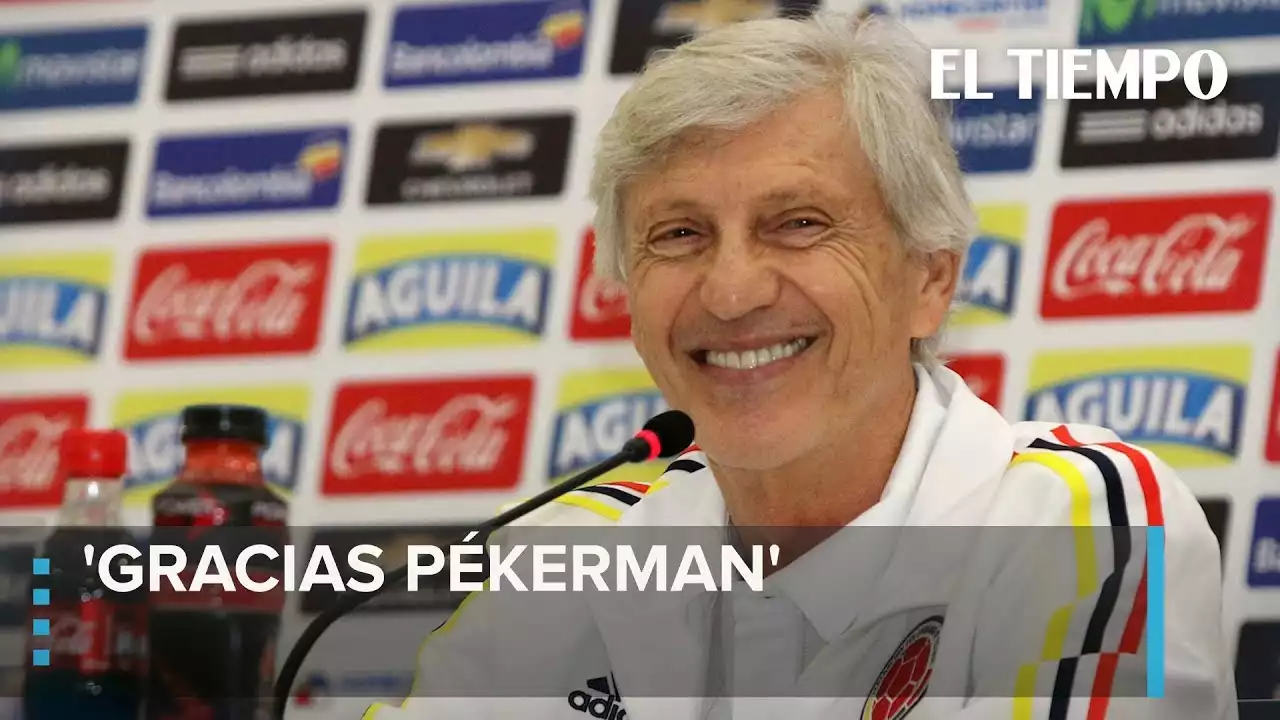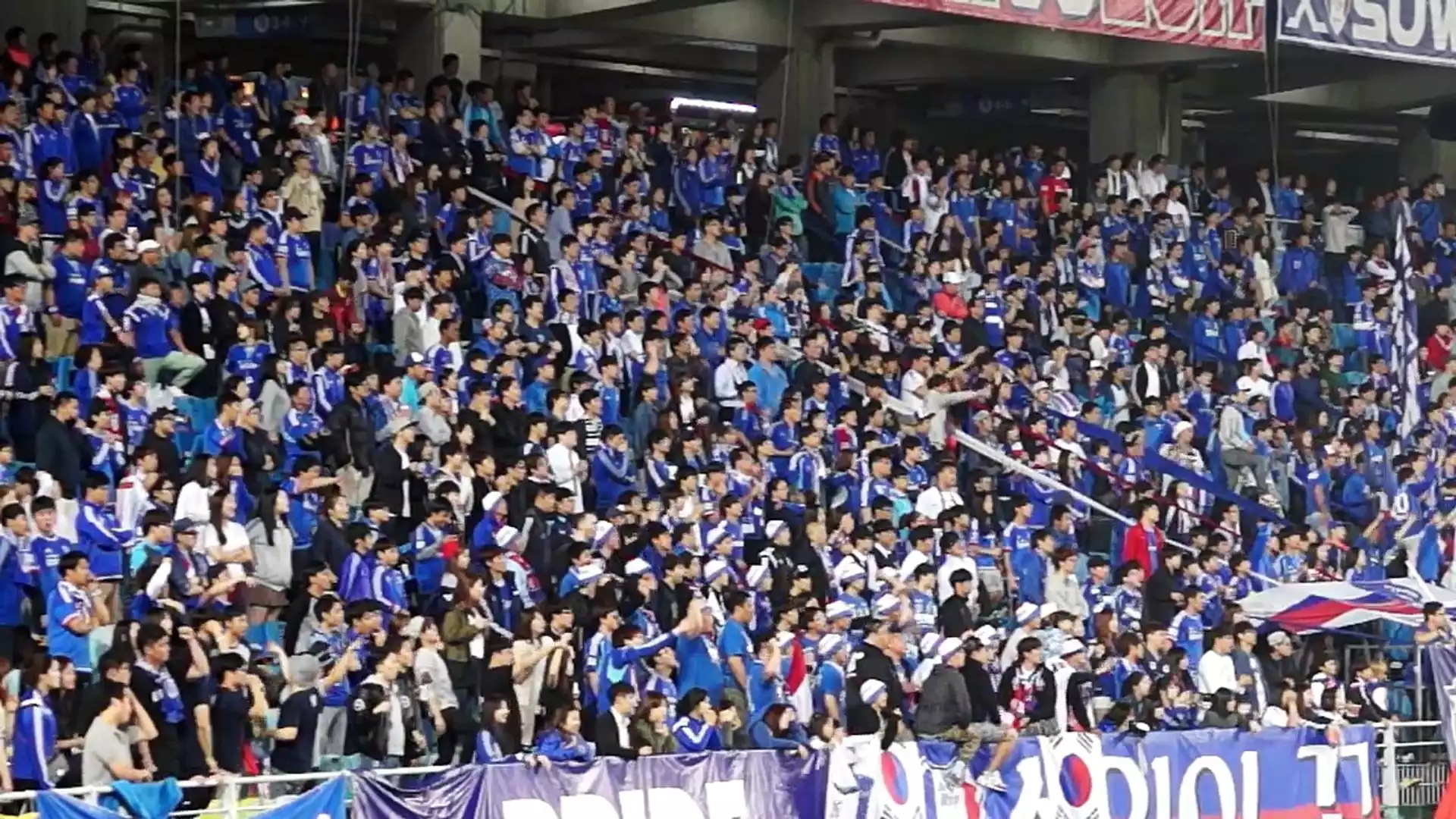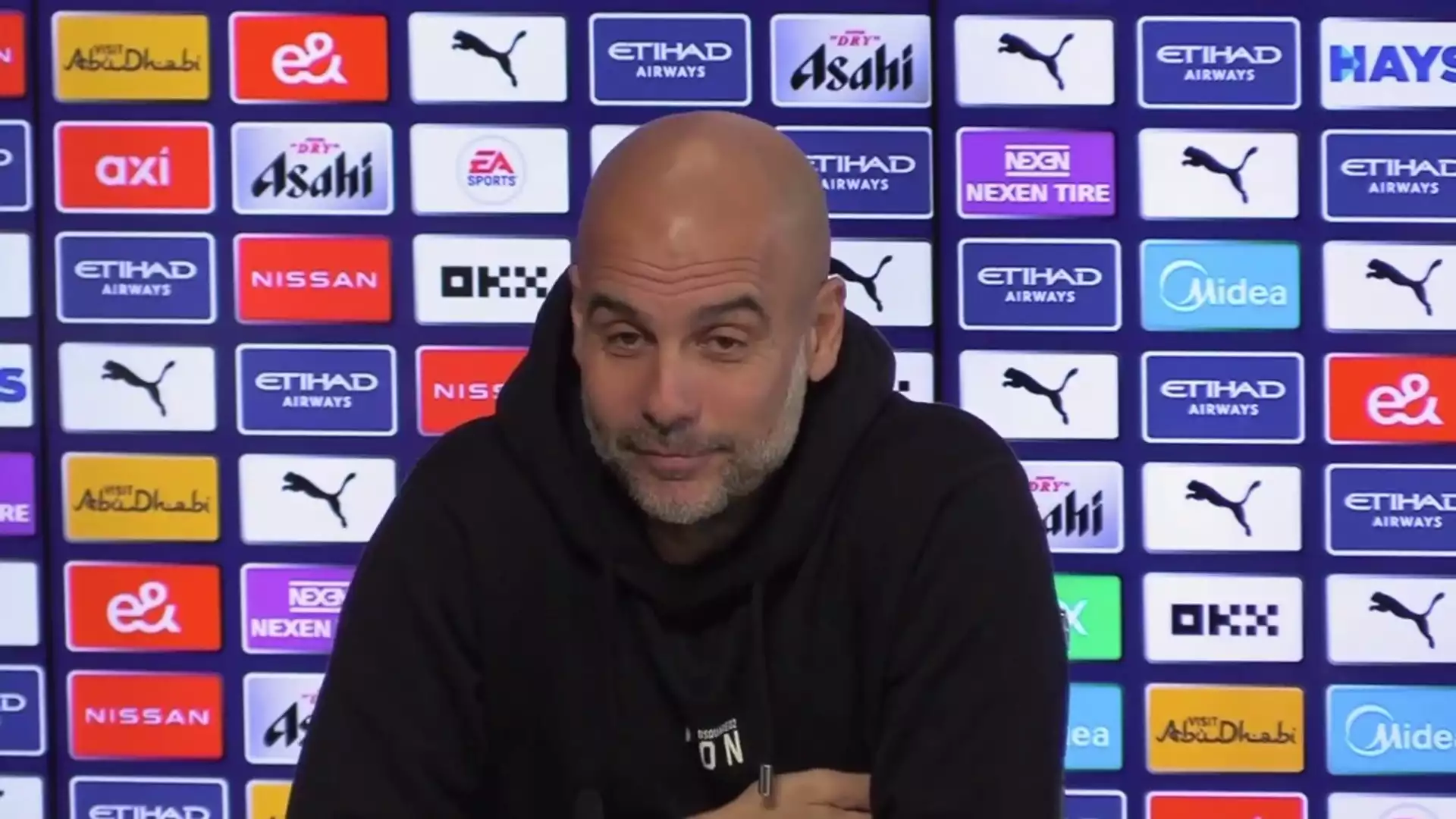The Importance of FIFA U-20 World Cup for Managers
The FIFA U-20 World Cup is not only a prestigious tournament for young football players to showcase their talents, but it also serves as a launching pad for ambitious managers looking to make a name for themselves in the world of football. The tournament provides a unique platform for these coaches to prove their skills, gain invaluable experience, and catch the attention of top clubs and national teams. Here, we explore the success stories of four managers who jumpstarted their careers with FIFA U-20 success, highlighting the impact of this tournament on their journey to the top.
Case Study 1: Jose Mourinho
One of the most iconic managers in football history, Jose Mourinho, owes a significant part of his success to his time coaching the Portuguese U-20 national team in the FIFA U-20 World Cup. In 1989, Mourinho led Portugal to victory in this prestigious tournament, showcasing his tactical acumen and man-management skills to the world. This triumph caught the attention of top clubs, leading to a series of managerial appointments that ultimately propelled Mourinho to the pinnacle of the sport. From Porto to Chelsea, Inter Milan to Real Madrid, Mourinho's FIFA U-20 success served as a springboard for his illustrious career.
Case Study 2: Pep Guardiola
Another managerial genius who owes his rise to FIFA U-20 success is Pep Guardiola. Before revolutionizing the game with his innovative and possession-based playing style, Guardiola had the opportunity to manage the Spanish U-20 national team in the FIFA U-20 World Cup. Although Spain did not win the tournament during his tenure, Guardiola's ability to develop young players and implement his tactical philosophy caught the attention of Barcelona, where he went on to achieve unprecedented success as the head coach. Guardiola's time in the FIFA U-20 World Cup laid the foundation for his managerial career and set him on the path to becoming one of the greatest coaches of all time.
Case Study 3: Jurgen Klopp
Jurgen Klopp, the charismatic German manager known for his high-intensity playing style and passionate touchline presence, is another example of how FIFA U-20 success can jumpstart a manager's career. In 2009, Klopp led the German U-20 national team to victory in the FIFA U-20 World Cup, showcasing his ability to instill a winning mentality and develop young talents. This triumph propelled Klopp to the attention of Borussia Dortmund, where he transformed the club into a formidable force both domestically and in Europe. Klopp's success in the FIFA U-20 World Cup played a crucial role in establishing his reputation as one of the most respected managers in the game.
Case Study 4: Sergej Milinković-Savić
While most of the focus is on managers, it's important to recognize that the FIFA U-20 World Cup has also served as a launching pad for young players. One such player is Sergej Milinković-Savić, who represented Serbia in the 2015 edition of the tournament. Despite Serbia's early exit, Milinković-Savić's performances caught the eye of top clubs, eventually leading to a move to Italian giants Lazio. His success at the FIFA U-20 World Cup paved the way for a promising career, and he has since become one of the most sought-after midfielders in European football. This case demonstrates that the tournament's impact extends beyond just managers, highlighting the opportunities it presents for aspiring players as well.
Lessons Learned from These Success Stories
The success stories of these managers and players highlight several key lessons that aspiring football professionals can learn from. Firstly, the FIFA U-20 World Cup provides a unique platform for showcasing one's skills and abilities on an international stage. The tournament serves as a pressure cooker, testing managers' tactical acumen, man-management skills, and ability to handle high-stakes situations. Secondly, the ability to work with highly talented young players and develop them into future stars is a vital skill that can set managers apart from their peers. Finally, the tournament acts as a catalyst for career advancement, catching the attention of top clubs and national teams, and opening doors to greater opportunities.
How to Leverage FIFA U-20 Success for Career Advancement
For aspiring managers looking to leverage their FIFA U-20 success for career advancement, there are several strategies to consider. Firstly, it's crucial to highlight the experience gained and the achievements attained during the tournament when updating resumes or creating coaching portfolios. Including statistics, testimonials, and video footage can help managers stand out from the crowd and attract the attention of potential employers. Networking is also key, as attending coaching conferences, seminars, and events can provide opportunities to connect with influential figures in the football industry. Lastly, continuing education and staying up-to-date with the latest trends and developments in the game can further enhance a manager's prospects.
Additional Benefits of Managing in FIFA U-20 World Cup
Aside from career advancement, managing in the FIFA U-20 World Cup offers several additional benefits. Firstly, it provides managers with the opportunity to work with some of the most talented young players in the world, allowing them to hone their coaching skills and develop a deeper understanding of player development. Secondly, the tournament offers exposure to different playing styles, tactics, and cultures, which can broaden a manager's perspective and enhance their ability to adapt to various situations. Finally, managing in the FIFA U-20 World Cup can be a fulfilling and rewarding experience, as it allows managers to contribute to the development of future stars and make a lasting impact on the sport.









